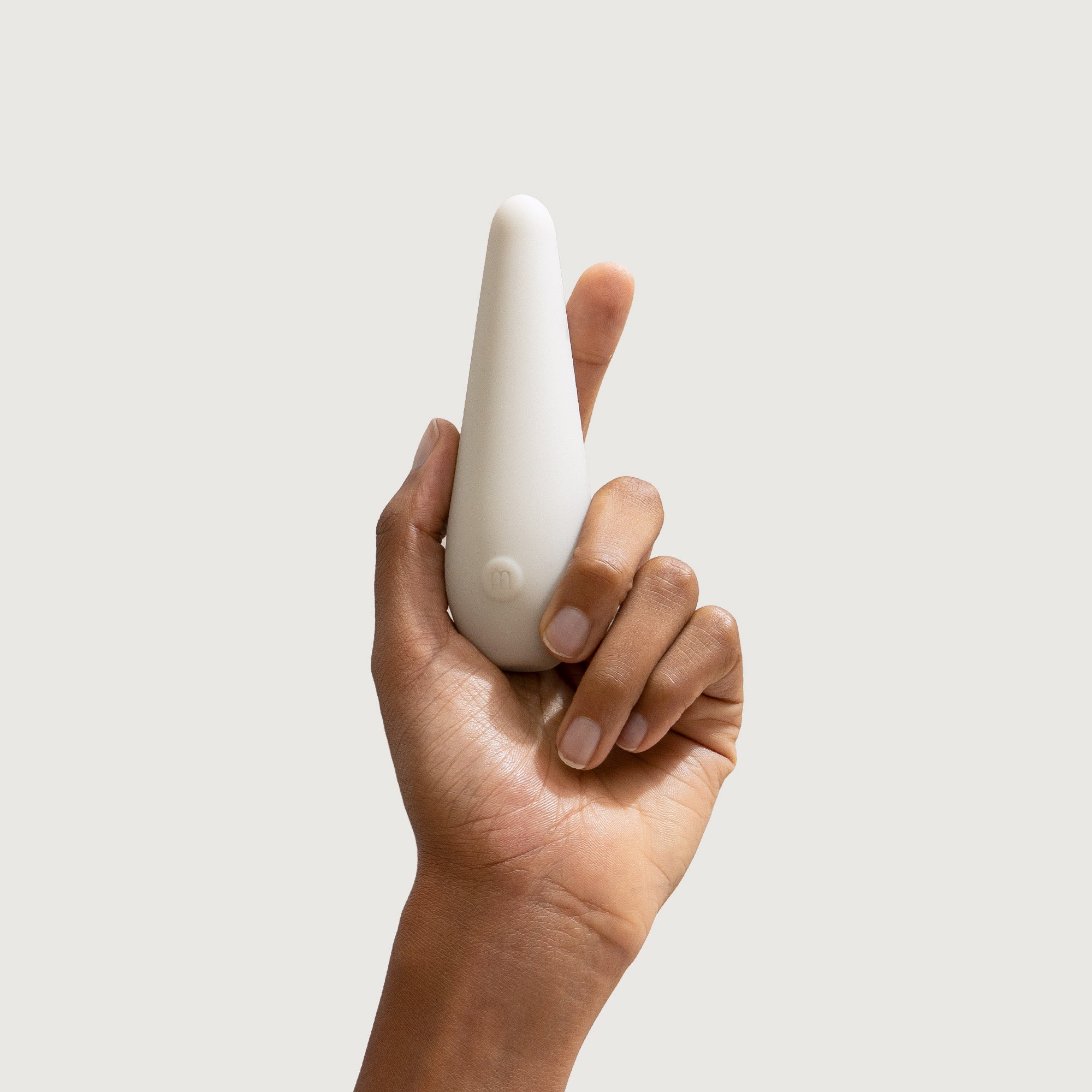Virtual reality and the future of intimacy.

The pros and cons of tech turned intimate.
The more our technology advances, the more it earns a place of intimacy in the lives of humans. Your phone shows you ads for the things you want before you know you want them, voice assistants await any question you may ask aloud in your living room, and for many singles, the prospect of finding love in our current world seems just about impossible without the help of an app or two. This progression makes it seem natural that one day, our devices might make us experience intimacy itself in a whole new way—and what happens to sex then?
By pop culture alone, it wouldn’t be a stretch to say that people have some anxieties about tech (robots, AI, machine-learning devices, etc.) getting involved with them either sexually or romantically. Just see movies like Her, shows like Westworld, and countless others for evidence of a not-so-optimistic viewpoint. But in 2021, the future of sex is already here—and it might not be quite as alienating as some have thought.
One company has released a VR set that comes with a vibrating stroker (designed to work for people with penises), Futurism reported recently. In January 2021, Mashable also pointed out that you don’t even necessarily need fancy equipment to watch VR porn; sure, a true VR headset will give you the best experience, but you can also get a headset that merely suspends your smartphone for under $100. With VR videos now widely available on many porn sites, VR sex has become increasingly available to a large audience—but some are concerned about exactly what that means.
The debate over how porn affects relationships is a long and complex one, but worries about VR, in particular, is over how it creates “artificial intimacy,” evolutionary biologist Rob Brooks explains in his new book, Artificial Intimacy. Sex robots and AI-enhanced sex toys also have this effect. Some worry that a growing dependence on artificial intimacy could lead some people to eschew real human connection—leading to isolation and loneliness. But there’s also a flip side: For people struggling to find a connection, this more tech-forward form of intimacy could potentially provide a kind of satisfaction that masturbation alone doesn’t lead to. The trouble is that when technology advances as rapidly as it has in this century, it’s impossible to gauge what long-term human, emotional effects could be.
And then there’s perhaps the biggest problem that comes along with technology: Privacy. As Brooks explains, increased dependence on machines can lead to exploitation and manipulation. That could mean that personal data has the potential to be stolen or that a hacker could use a person’s intimate relationship with their technology to sway their financial, political, or other decisions. Just look at the impact that social media alone has on human decision-making—and then factor in how feelings of perceived intimacy could shift things even further.
VR sex and sex robots are far from our new normal, yet they are growing more and more accessible. There are plenty of roadblocks, though—one VR sex game, Holodexxx was prepared to make waves in the world of sex tech, but hit a standstill when it was blocked from the Steam gaming store, making it unavailable for download. So, until “artificial intimacies” become easier to build, there’s plenty of pros and cons for people to mull over. VR sex doesn’t have to evoke pop culture’s most anxiety-inducing sci-fi films, but for now, it’s in a development stage that could prove to be truly transformative.




